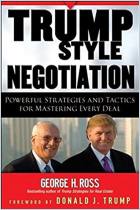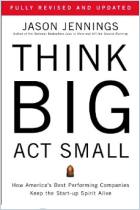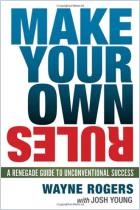
The 50 Best (and Worst) Business Deals Of All Time
Read or listen offline
Amazon KindleRecommendation
Michael Craig, a securities attorney, describes the basis for success or failure in 50 big money business deals. He examines the strategy, risks and personality dynamics involved. Craig highlights 10 rules for success he gleaned by observing patterns in these deals, rules you can apply to your own business transactions. This well-crafted book groups several deals to illustrate each rule, although many of the deals reflect several principles. At the end of each story, the author recaps the lesson at hand and explains what went right or wrong. While executives, company owners, and those who do deals for them will find this book especially valuable, getAbstract also recommends it to general readers, who will enjoy reading these inside accounts of well-publicized deals.
Summary
About the Author
Michael Craig writes about big business and high finance for Online Investor and other magazines. He previously worked as a class action lawyer and spent 15 years as a litigator in cases involving large business deals as well as complex securities and consumer class actions.
















Comment on this summary or Iniciar a Discussão